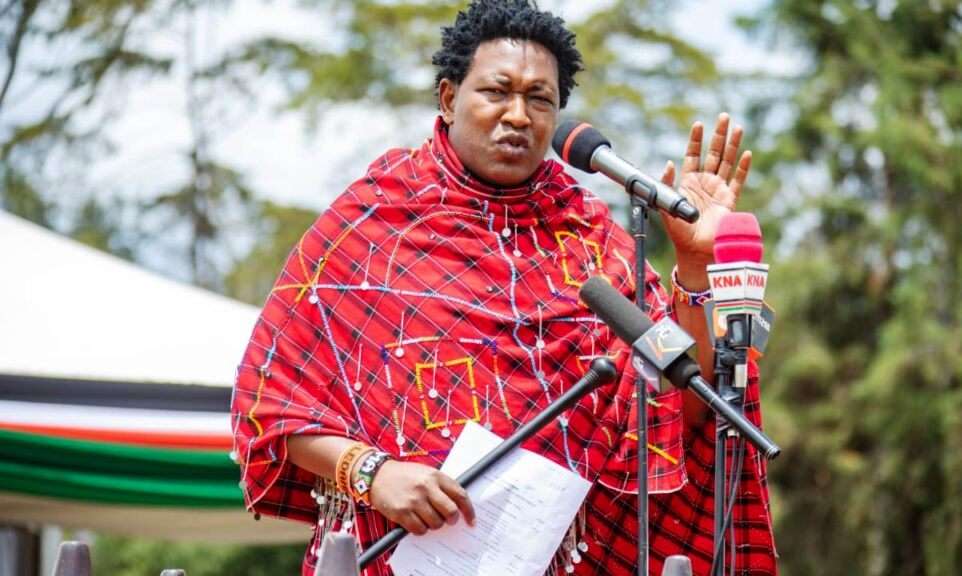By TWV Team
The Kenya National Highways Authority (KeNHA) faces sharp criticism for orchestrating a brutal campaign to displace low-income traders along the Ruiru Eastern Bypass.
What began as a quiet eviction notice has escalated into a humanitarian crisis. Small-scale traders, many of whom are women, single mothers, and youth, accuse KeNHA of weaponizing the law to favour powerful interests while destroying their livelihoods. These traders operate modest stalls that have sustained families through economic hardship and post-COVID-19 recovery.
KeNHA issued a 30-day ultimatum to vacate what it claims is road reserve land, citing Section 49(6) of the Kenya Roads Act 2007, which threatens imprisonment or heavy fines for non-compliance. While this might seem reasonable if applied fairly, the selective enforcement and apparent dispossession enabled by the agency raise serious concerns.
A team of KeNHA engineers, now seen as the face of elite-driven evictions masked as infrastructure development, has remained silent amid public outcry, fueling suspicion. Under its current leadership, KeNHA has become a feared institution, relying on legal threats rather than public engagement and prioritizing vested interests over public welfare.
Ruiru town bears scars from similar displacements, often to benefit developers with deep pockets and insider access. The absence of clear public works scheduled on the site bolsters traders’ claims that these evictions are a pretext for private land grabs.
The irony is stark. These traders, whom the current administration promised to empower through its “Bottom-Up Economic Model,” face teargas and bulldozers while powerful entities gain room to build, sometimes on public land.
Damaris Wamaitha, a food vendor operating in the area for five years, voiced a piercing question during a protest: “Where are we supposed to go? Why is the government chasing us like criminals when all we want is to feed our children?”
KeNHA has offered no response, no dialogue, and no alternatives, just force, the leadership reflects a culture of impunity, secrecy, and bureaucratic brutality. Instead of fostering empathy and strategic planning, KeNHA defaults to evictions and intimidation. Public participation, a constitutional cornerstone, has been replaced by cold notices and veiled threats.





